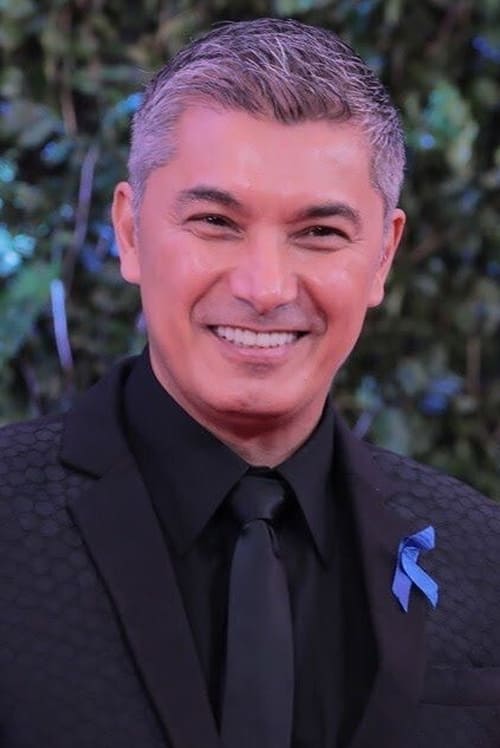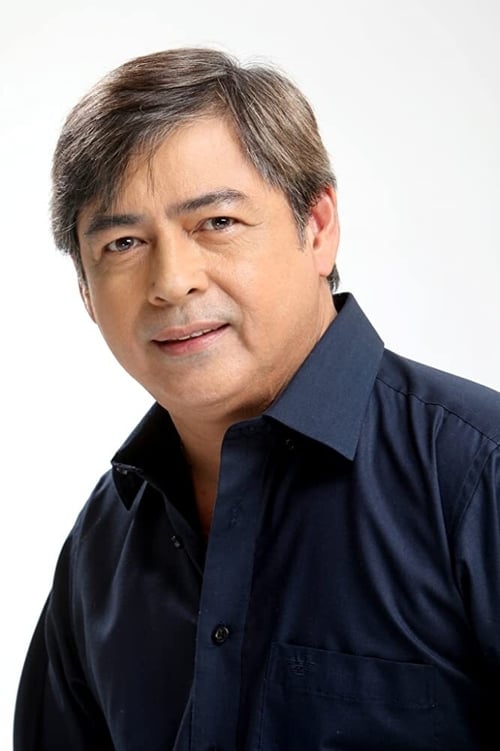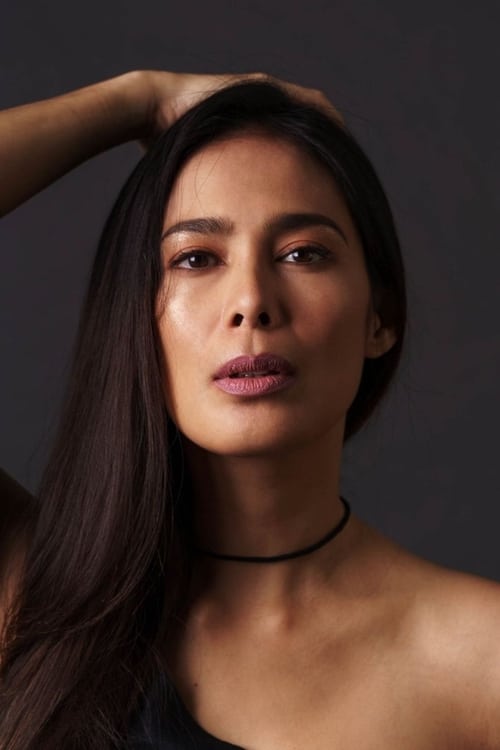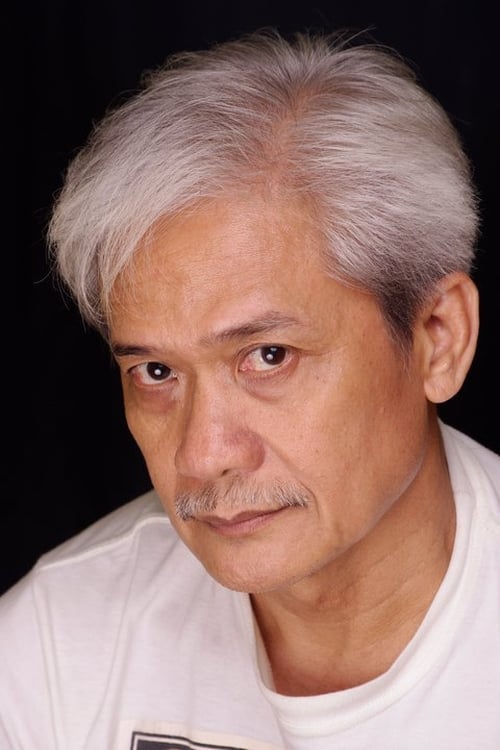Mumbaki (1996)
Genre : Drama, Action
Runtime : 2H 10M
Director : Butch Perez
Synopsis
Joseph is a young doctor who returned to his hometown in the Mountain Province to bury his father, an Ifugao chieftain, who was killed during a tribal dispute. While there, he discovers his rich heritage and acquires pride in his being an Ifugao. Though the lure of a career in America remains strong, he is unable to resist the urge to help his village, which has resisted modern medicine and is now in the midst of a pneumonia epidemic and a civil war.
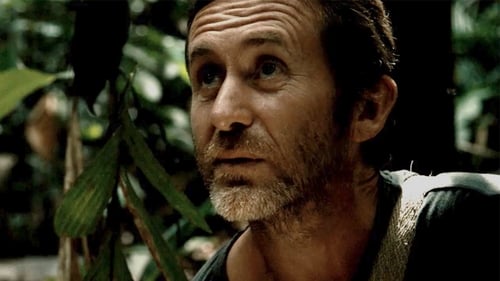
Explorer Bruce Parry visits nomadic tribes in Borneo and the Amazon in hope to better understand humanity's changing relationship with the world around us.

For ancient Mayans, cocoa was as good as gold. For subsistence farmer Eladio Pop, his cocoa crops are the only riches he has to support his wife and 15 children. As he wields his machete with ease, slicing a path to his cocoa trees, the small jungle plot he cultivates in southern Belize remains pristine and wild. His dreams for his children to inherit the land and the traditions of their Mayan ancestors present a familiar challenge. The kids feel their father's philosophies don't fit into a global economy, so they're charting their own course. Rohan Fernando's direction tenderly displays a generational shift, causalities of progress in modern times and a man valiantly protecting an endangered culture. Breathtaking vistas of lush rainforests contrast with the urban dystopia that pulled Pops children away from him. Will one child return to carry on a waning way of life

Joseph is a young doctor who returned to his hometown in the Mountain Province to bury his father, an Ifugao chieftain, who was killed during a tribal dispute. While there, he discovers his rich heritage and acquires pride in his being an Ifugao. Though the lure of a career in America remains strong, he is unable to resist the urge to help his village, which has resisted modern medicine and is now in the midst of a pneumonia epidemic and a civil war.

Alifu, a 25 year-old Paiwan boy, works as a hair-dresser in Taipei and struggles between his dream of getting a sex change operation and following his father’s footsteps to inherit the title as Chief of the indigenous Paiwan tribe. His lesbian roommate, Pei-Zhen, is also his best friend and confidante. Sherry, a transgender man, is the owner of a drag queen bar. For years, Sherry has been in love with the plumber, Wu, even though Wu only sees him as his buddy. Chris, a civil servant, lives a dull life. A one-time gig as a drag queen in the bar unexpectedly becomes his unique and secret way to relief stress. Chris has no choice but to keep this gig a secret from his girlfriend Angie. Across different genders and sexualities, the only common ground these people share is their search for love, understanding and acceptance.
(Source: Golden Village)
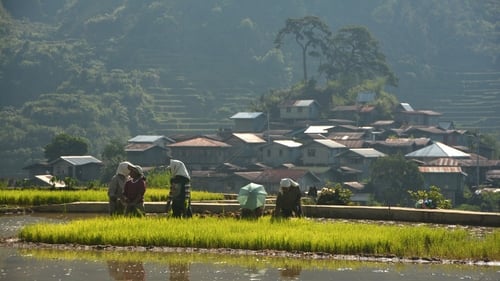
Two Filipina victims of sexual abuse search the truth behind the finding of a renowned anthropologist: that merely a few generations ago, the Bontok Igorot lived in what seems an unthinkable utopia—a rape-less society.

In a unique and defiant blend, the film tells the story of six generations of Indigenous activism through song and story.

Based on the eponymous novel by Ciro Alegría. An indigenous community living their day-to-day and their relationship with nature. They can be reimagined as hungry dogs.

An indigenous tradition in the highlands of Peru where three key players take part: a wild condor, a raging bull and brave young men.

A golden object mystifies a young man living in a traditional Solomon Islands village. He dreams of going to the city and wakes up in a nightmare that changes his life forever.

Men and women of the !Kung people in Ojokhoe, Namibia perform healing dances by firelight. First we see men perform the giraffe dance, and then women perform the !gwa dance.

An undercover documentary film produced and directed by British filmmaker Dominic Brown, about the struggle of the indigenous Sahrawi people of Western Sahara. The documentary covers the current human rights and political situation of the Sahrawi. There are several interviews recorded with human rights victims including an elderly lady who had been attacked in her home the previous day by Moroccan security forces. There is also a focus given to the alleged vested interests of countries in the region, particularly France. The film states that the French Government's close relationship with Morocco, their trade deals and their use of veto over the terms of the UN mission in Western Sahara are major factors.
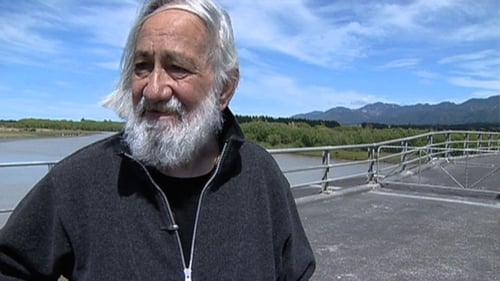
Barry Barclay was a New Zealand/Aotearoa director of documentaries and feature films. He is regarded as one of the world's first, and very influential, Indigenous film makers. The film The Camera on The Shore is a feature length introduction to Barry, and to his film making.

Exploration of the way of life of the Q’eros Indians of Peru, who have lived in the Andes for more than 3,000 years.

In the hills of Costa Rica, Doña Carmen struggles to pass on her tribe's traditional ways of life. She must soon marry off her only granddaughter, and 70-year-old shaman Don Claudio lays his claim to the girl, who is only 12 and already impregnated by him. When the girl befriends the young son of a visiting anthropologist, it forces a collision between the modern world and the ancient one.

In a remote Peruvian city, lives Honorata Vilca, an illiterate woman of Quechua descent who sells candies more than 20 years ago, with the rain will cry to the sky itself.

Thirty years ago, a rubber company enslaved a group of Asháninka people, manipulating them into tapping the trees in the lush borderland between Peru and Brazil. The company was expelled by a coalition of Indigenous and non-Indigenous people, led by one mixed race couple. Now the adult children of this marriage combat political corruption and ongoing environmental disaster.
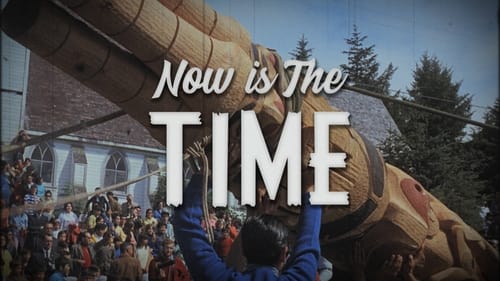
A 1969 documentary on the carving and raising of the first Haida totem pole in over a century becomes the springboard for a film that restores fullness and richness to the larger story of a nation’s resurgent identity.

The Shipibo-Konibo people of Peruvian Amazon decorate their pottery, jewelry, textiles, and body art with complex geometric patterns called kené. These patterns also have corresponding songs, called icaros, which are integral to the Shipibo way of life. This documentary explores these unique art forms, and one Shipibo family's efforts to safeguard the tradition.

It became world news in October 2019 when economic reforms in Ecuador led to gas prices suddenly shooting up by 123 percent. People from urban and indigenous communities united in protest. In The Rebellion of Memory we follow the events through their eyes, as the country’s capital, Quito, descends into smoke-filled chaos.


